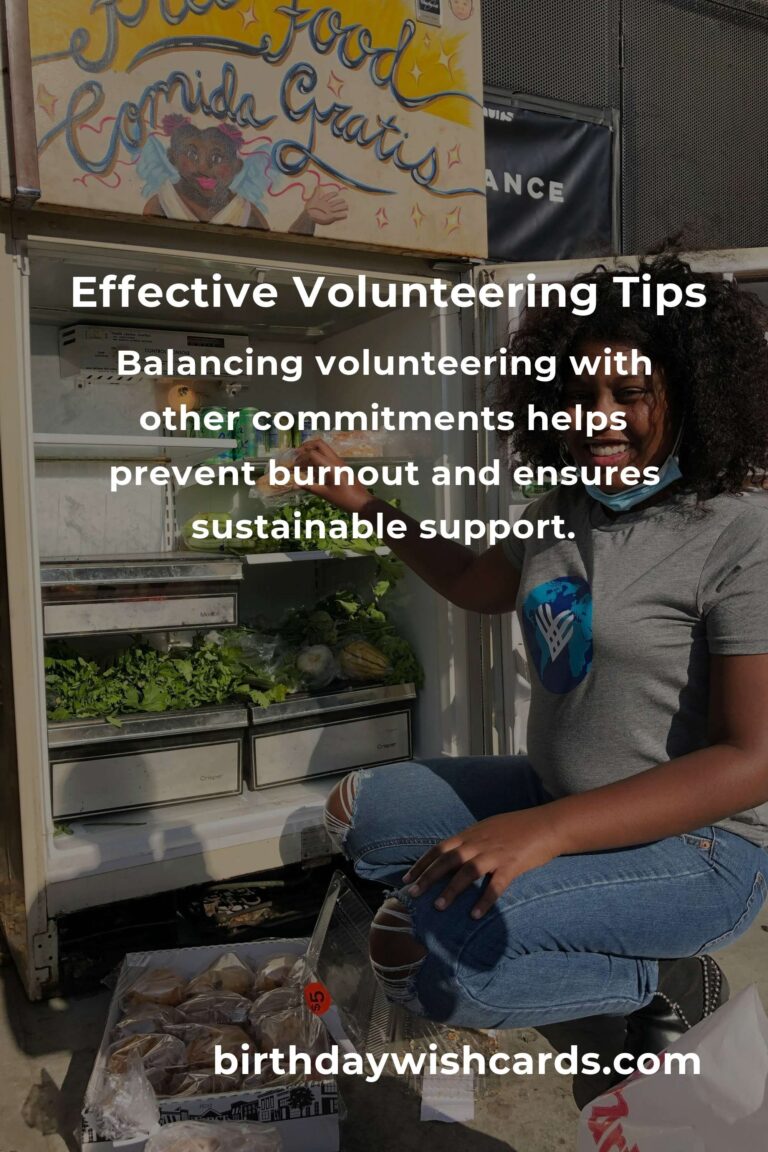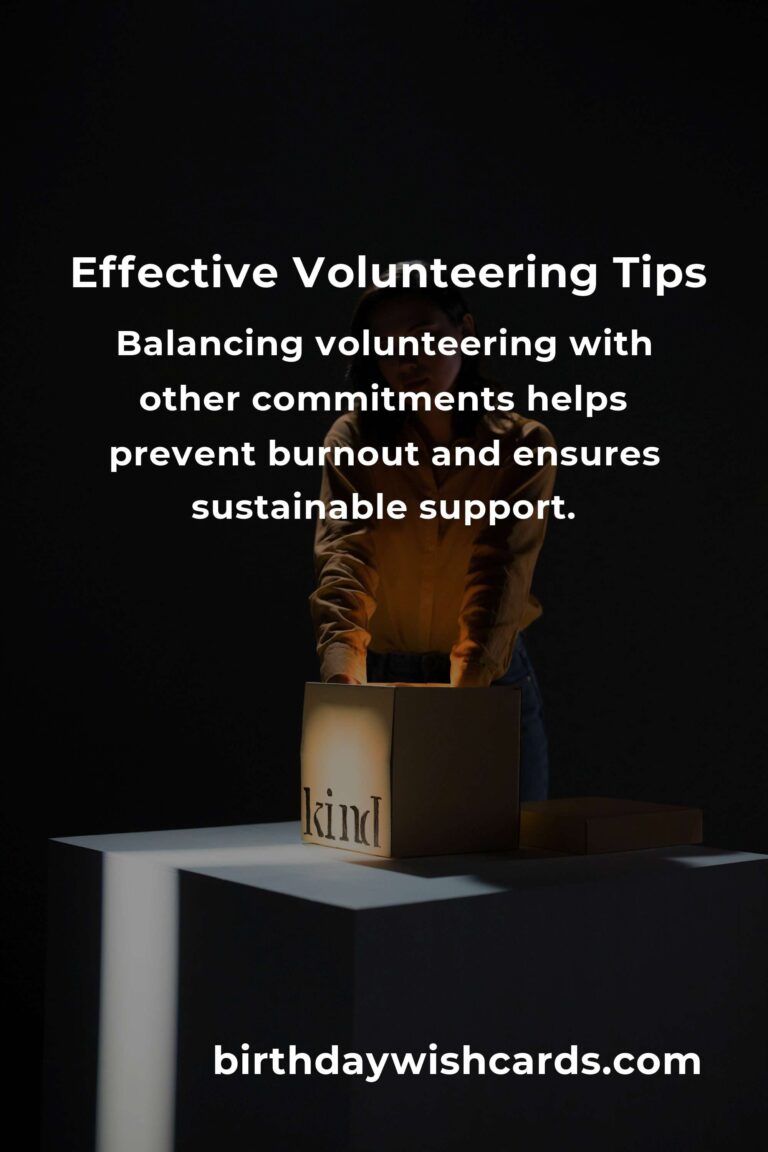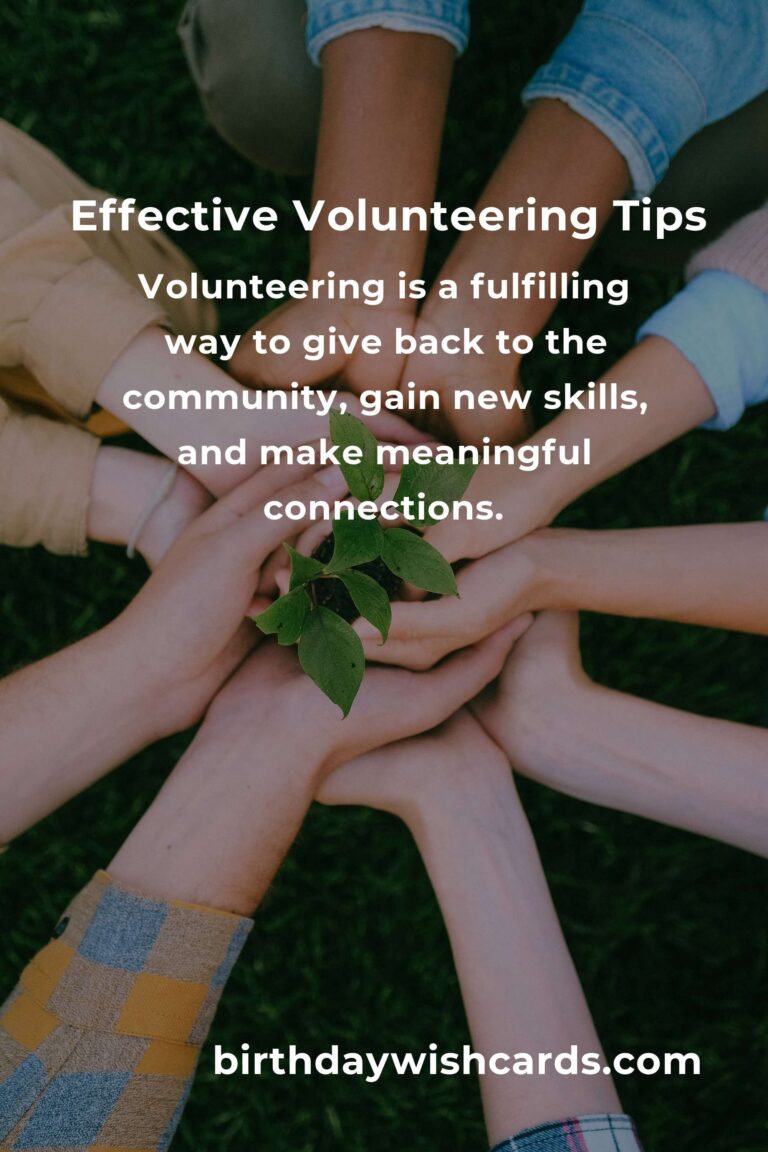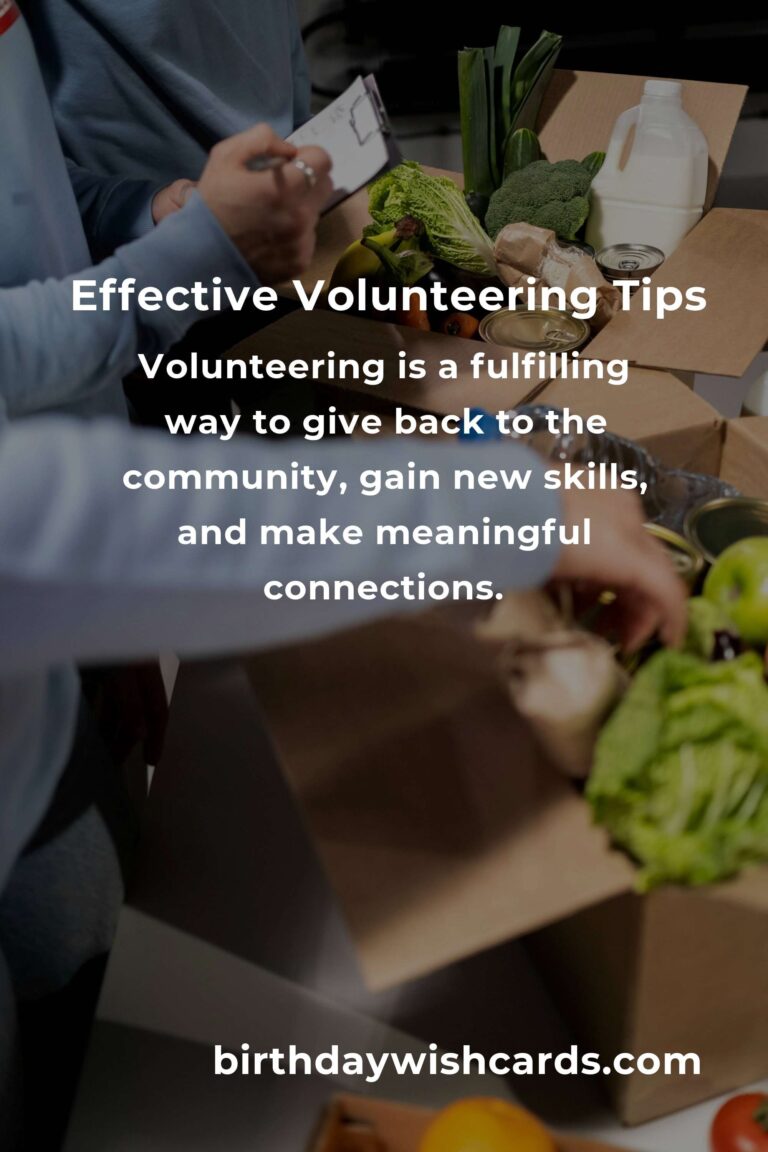
Volunteering is a fulfilling way to give back to the community, gain new skills, and make meaningful connections. However, to truly make an impact, it’s essential to approach volunteering with a strategic mindset. In this guide, we’ll explore how you can become an effective volunteer, ensuring that your efforts are both rewarding and impactful.
Understanding the Importance of Volunteering
Volunteering is more than just a noble act; it’s a vital component of societal well-being. Organizations often rely on volunteers to fill critical roles and enhance their reach and effectiveness. By offering your time and skills, you contribute to causes that might otherwise lack necessary support.
Choosing the Right Volunteering Opportunity
The first step in effective volunteering is selecting the right opportunity. Consider your interests, skills, and the causes you are passionate about. Research organizations and understand their mission, vision, and the type of volunteer work they offer. Aligning your values with those of the organization ensures a more fulfilling experience.
Preparing for Your Volunteer Role
Once you have chosen an opportunity, preparation is key. Familiarize yourself with the organization’s work, goals, and expectations. Attend any available training sessions and ask questions to understand your responsibilities better. Being well-prepared will not only help you perform effectively but will also enhance your confidence.
Effective Communication
Communication is crucial in any volunteer role. Maintain open lines of communication with coordinators and fellow volunteers. Regular updates and feedback can help address any issues promptly and ensure that everyone is on the same page, working towards common goals.
Being Proactive and Engaged
Effective volunteers are proactive. Don’t wait for instructions; take the initiative to offer help where it’s needed. Engaging with the community and other volunteers can provide deeper insights into the impact of your work and open up more opportunities for contribution.
Balancing Volunteering with Other Commitments
While volunteering is important, it’s essential to balance it with other personal and professional commitments. Be honest about the time you can realistically dedicate to volunteering. This will help prevent burnout and ensure that you can continue to offer sustainable support over time.
Reflecting on Your Volunteering Experience
After completing a volunteer stint, take time to reflect on your experience. Consider what you have learned, how the experience has affected you personally, and the impact of your contributions. Reflection can offer valuable insights and guide your future volunteering endeavors.
Conclusion
Effective volunteering can transform communities and enrich your life. By choosing the right opportunities and preparing adequately, maintaining open communication, being proactive, and balancing commitments, you can ensure that your volunteer efforts are both impactful and rewarding. Remember to reflect on your experiences to continually improve and find new ways to contribute meaningfully.
Volunteering is a fulfilling way to give back to the community, gain new skills, and make meaningful connections. To truly make an impact, it’s essential to approach volunteering with a strategic mindset. Choosing the right volunteering opportunity involves considering your interests, skills, and the causes you are passionate about. Effective communication is crucial in any volunteer role. Balancing volunteering with other commitments helps prevent burnout and ensures sustainable support. Reflecting on your volunteering experience can offer valuable insights and guide future endeavors.
#Volunteering #CommunityService #GivingBack #SocialImpact #VolunteerWork













